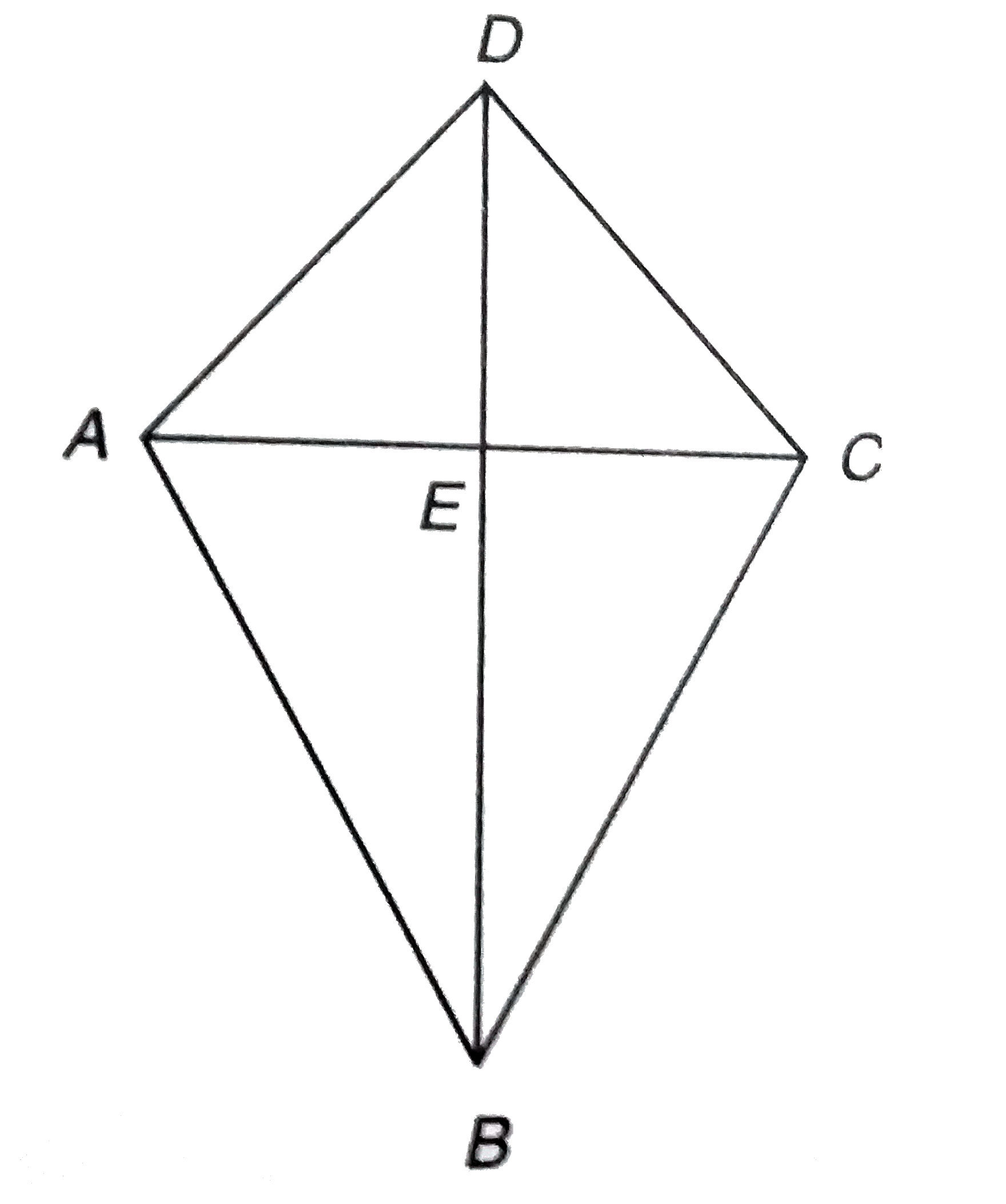Which of the following is not true for halogens ?
All but fluorine show positive oxidation states
All are oxidising agents
All form monobasic oxyacids
Chlorine has the highest electron-gain enthalpy
The correct Answer is:A
To determine which statement is not true regarding halogens, we will analyze each option provided in the question step by step.
1. Understanding Halogens:
- Halogens are located in Group 17 of the periodic table. The elements in this group include fluorine (F), chlorine (Cl), bromine (Br), and iodine (I).
2. Analyzing Each Option:
- Option A: "All but fluorine show positive oxidation state."
- Analysis: Fluorine is the most electronegative element and typically exhibits a -1 oxidation state in compounds. It does not show a positive oxidation state. Therefore, this statement is false.
- Option B: "All are oxidizing agents."
- Analysis: Halogens can easily gain electrons to form anions (X-), which means they can oxidize other substances while being reduced themselves. Thus, this statement is true.
- Option C: "All form mono-oxy-acids."
- Analysis: Halogens can form oxyacids of the type HOX, where X is the halogen. These acids are monobasic because they can donate one proton (H+). Therefore, this statement is true.
- Option D: "Chlorine has the highest electron gain enthalpy."
- Analysis: Chlorine does have a high electron gain enthalpy due to its small size and high electron density. In fact, chlorine has a higher electron gain enthalpy than fluorine, making this statement true.
3. Conclusion:
- The only statement that is not true about halogens is Option A: "All but fluorine show positive oxidation state."
Final Answer:
Option A is the correct answer as it is the only false statement regarding halogens.
- Halogens are located in Group 17 of the periodic table. The elements in this group include fluorine (F), chlorine (Cl), bromine (Br), and iodine (I).
- Option A: "All but fluorine show positive oxidation state."
- Analysis: Fluorine is the most electronegative element and typically exhibits a -1 oxidation state in compounds. It does not show a positive oxidation state. Therefore, this statement is false.
- Option B: "All are oxidizing agents."
- Analysis: Halogens can easily gain electrons to form anions (X-), which means they can oxidize other substances while being reduced themselves. Thus, this statement is true.
- Option C: "All form mono-oxy-acids."
- Analysis: Halogens can form oxyacids of the type HOX, where X is the halogen. These acids are monobasic because they can donate one proton (H+). Therefore, this statement is true.
- Option D: "Chlorine has the highest electron gain enthalpy."
- Analysis: Chlorine does have a high electron gain enthalpy due to its small size and high electron density. In fact, chlorine has a higher electron gain enthalpy than fluorine, making this statement true.
- The only statement that is not true about halogens is Option A: "All but fluorine show positive oxidation state."
Option A is the correct answer as it is the only false statement regarding halogens.
Similar Questions
Knowledge Check
- Question 1 - Select One
Which of the following is not true for a bike?
 AAE=~CEBDE=~BEC∠ABE=~∠CBED∠E=90∘
AAE=~CEBDE=~BEC∠ABE=~∠CBED∠E=90∘
Which of the following is a true fruit ?
View SolutionWhich of the following is true ?
View SolutionWhich of the following is true ?
View SolutionWhich of the following is true?
View SolutionWhich one of the following is not true?
View SolutionWhich of the following is true?
View SolutionWhich of the following is the most powerful reducing agent?
View Solution
